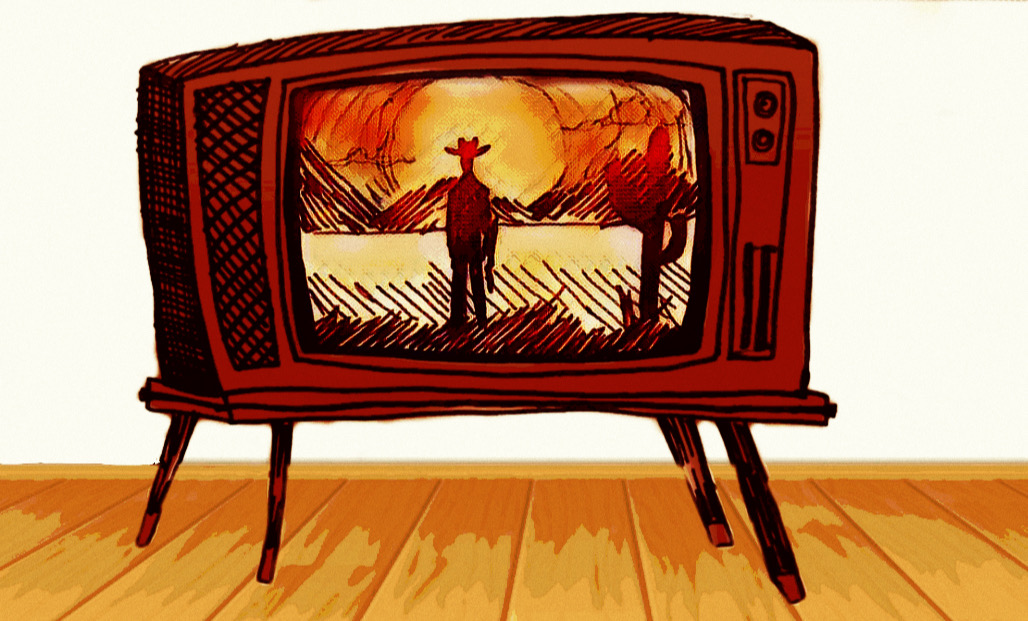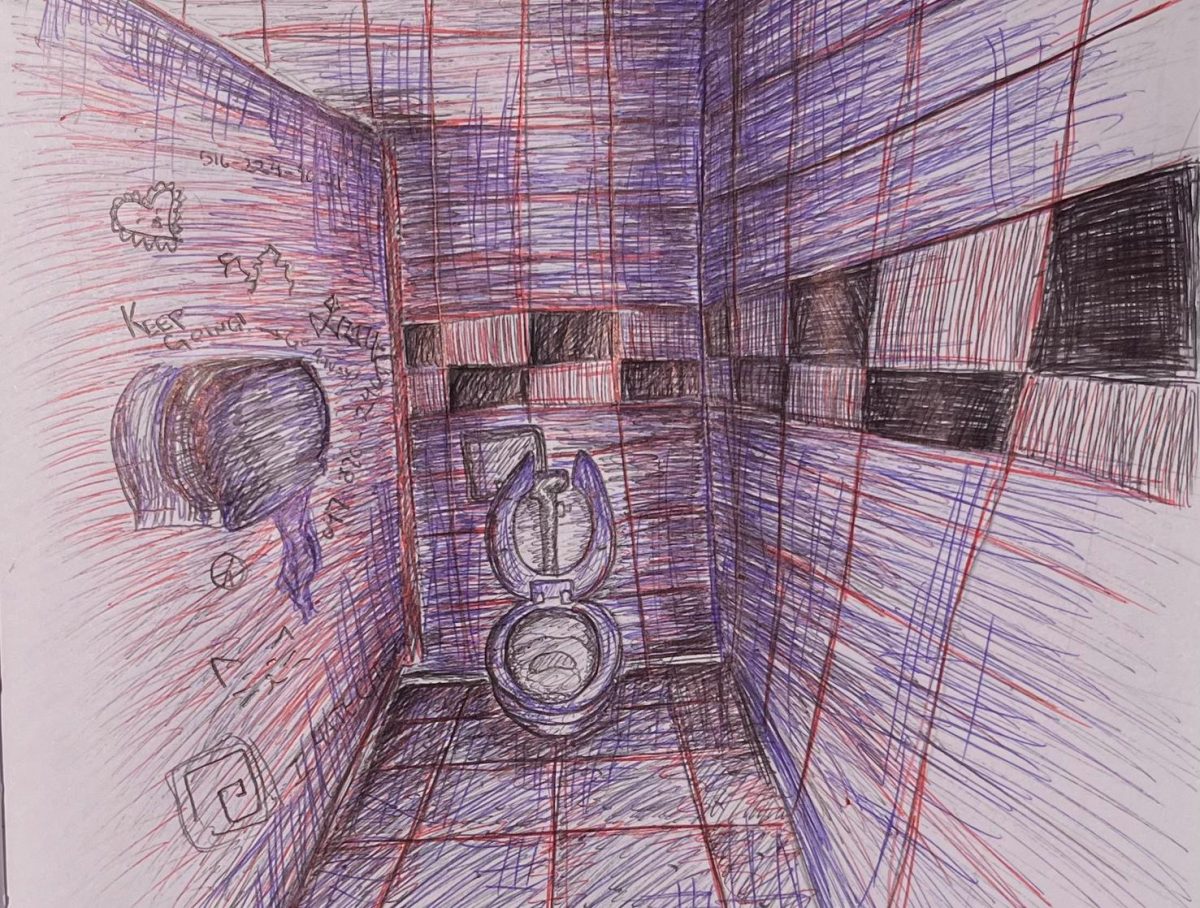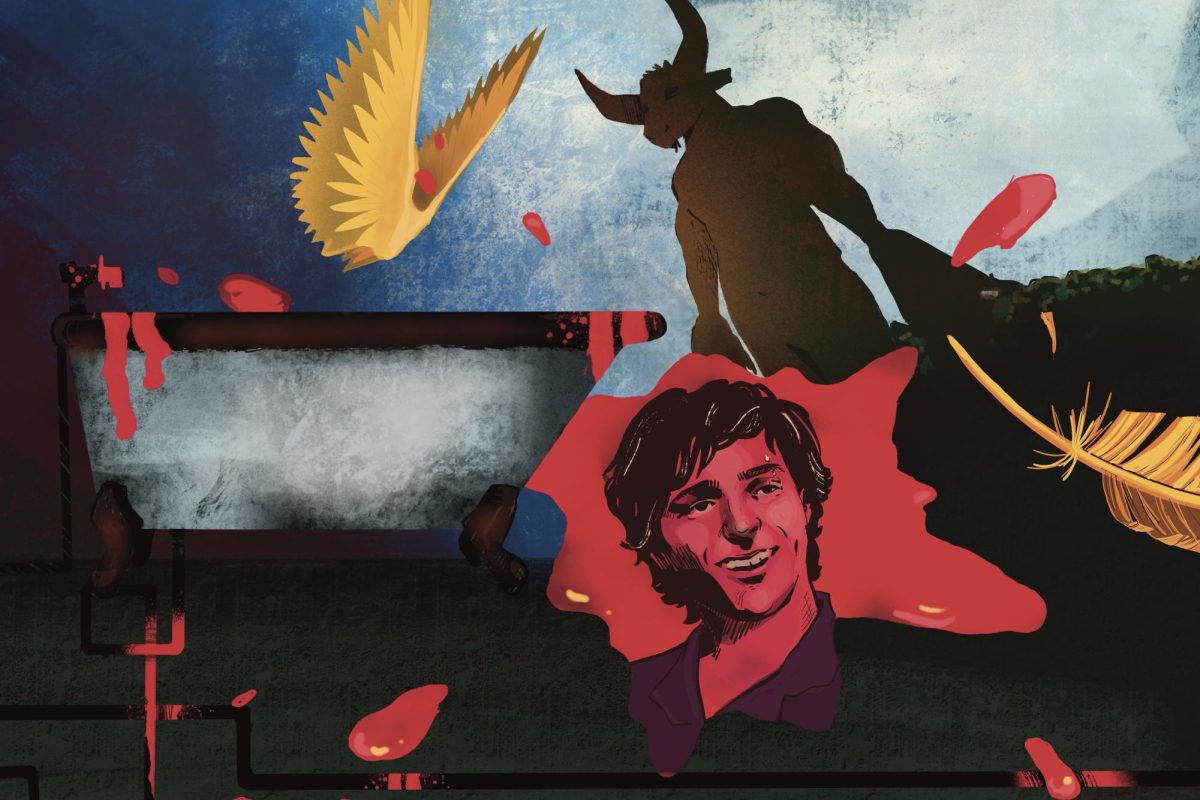Paris is breathtakingly beautiful by day, but come midnight in Woody Allen’s 41st film, it is enchanted and influenced by whatever desire is at hand. “Midnight in Paris” is a movie full of intellect, witty dialogue and laughs. For Gil, a Hollywood scriptwriter, the city transforms into its former ‘20s self. It is a time he longs to experience with its jazz clubs, elegant flappers and genius expatriates Hemingway, Fitzgerald and Stein. Owen Wilson’s portrayal of Gil is the typical Woody character casted, though updated in his political preferences. Like Leonard Zelig of “Zelig,” he is pressured by his shallow fiancée’s love of conformity. Like Allen’s role in “Annie Hall,” he yearns to be recognized amongst the greats and makes bold political comments much to conservatives’ dismay. The plot emerges as Gil becomes lost on a dewy cobblestone street. As the clock strikes a Cinderella midnight, a mysterious Peugeot pulls up to take him to a party with Scott and Zelda Fitzgerald. The stage of both an old and modern Europe is an exciting one. Paris is to “Midnight in Paris” what Barcelona was in “Vicky Cristina Barcelona,” a place for racy reinvention but more interestingly the unimaginable. Never does Gil search for the cause of such spontaneous time travel. It does not feel like a gap in the plot, however — it somehow feels like a logical direction for the film to take. Each scene is an English student’s fantasy; Cole Porter plays original songs at the jazz clubs during which Hemingway makes intense banter followed by a drunken fight. Dali, played by Adrien Brody, is every bit as odd as one could imagine, and Picasso’s critiques of his own work sound genius in Geraldine Stein’s (Kathy Bates) foyer, even if you don’t understand Spanish. Though what we know personally of these artists is very little, Woody Allen has made them common friends in a fantastical way. Film critic Roger Ebert said in a review of the film that this movie is not for everyone. Those acquainted with the artists, writers and musicians of the era will feel the most at home. As Gil finds encouragement to finish his book on a nostalgia shop through his experiences in Paris, Allen creates a moving portrait of human desire to live a life unlike our own. With that he has continued to create films that sustain the culture of academia still lurking in society.












